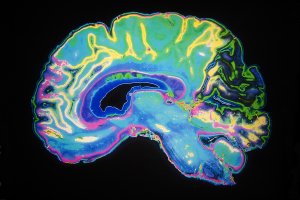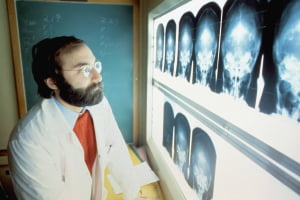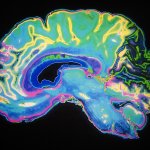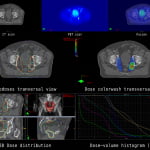
New artificial intelligence (AI) has been developed to determine how effective certain drugs are for neurodegenerative disorders.

New artificial intelligence (AI) has been developed to determine how effective certain drugs are for neurodegenerative disorders.

Artificial intelligence (AI) could be used as a diagnostic tool for pancreatic cancer, as the technology has been shown to detect early signs of the illness.

The use of machine learning, or artificial intelligence (AI) is set to provide a major advance in the effective deployment of medical imaging for diagnostic purposes, according to a speaker at a recent meeting of the American Physics Society (APS).

The use of machine learning, or artificial intelligence (AI) is set to provide a major advance in the effective deployment of medical imaging for diagnostic purposes, according to a speaker at a recent meeting of the American Physics Society (APS).

A new artificial intelligence device (AI) that analyses eye scans could potentially be used to detect heart disease, Science Daily reports. Researchers have developed a method of identifying changes in the blood vessels of the retina, which are potential indicators of cardiovascular disease and the risk of heart attacks.

New research using medical imaging technology has indicated that Covid infections can have significant impacts on the brain, including shrinkage of important areas of tissue.

One of the most ambitious projects ever attempted in the field of medical imaging was the detailed cross-section of a human body that would prove to be influential, lead to discoveries of errors in some of the most celebrated human anatomy textbooks but would also prove to be controversial.

The UK will be the first country in the world to begin a pilot into a process designed to improve the ethical adoption of artificial intelligence (AI) in healthcare.

A video game that helps players to teach artificial intelligence systems to precisely identify a range of ocular diseases displayed in medical imaging has been patented.

A team of researchers has been awarded £1 million to trial a new MRI scanning method that could significantly produce faster diagnoses of prostate cancer.